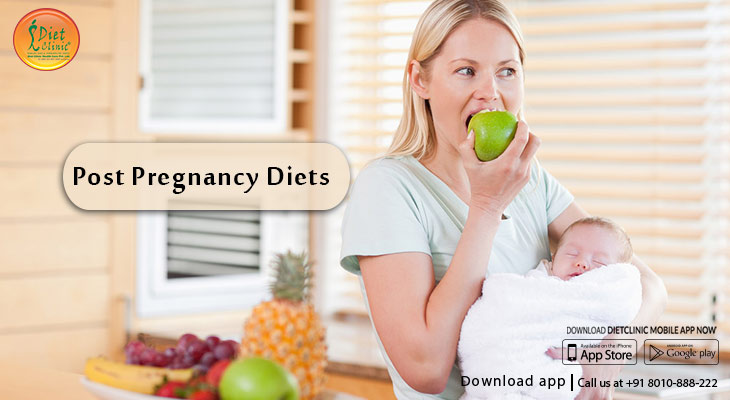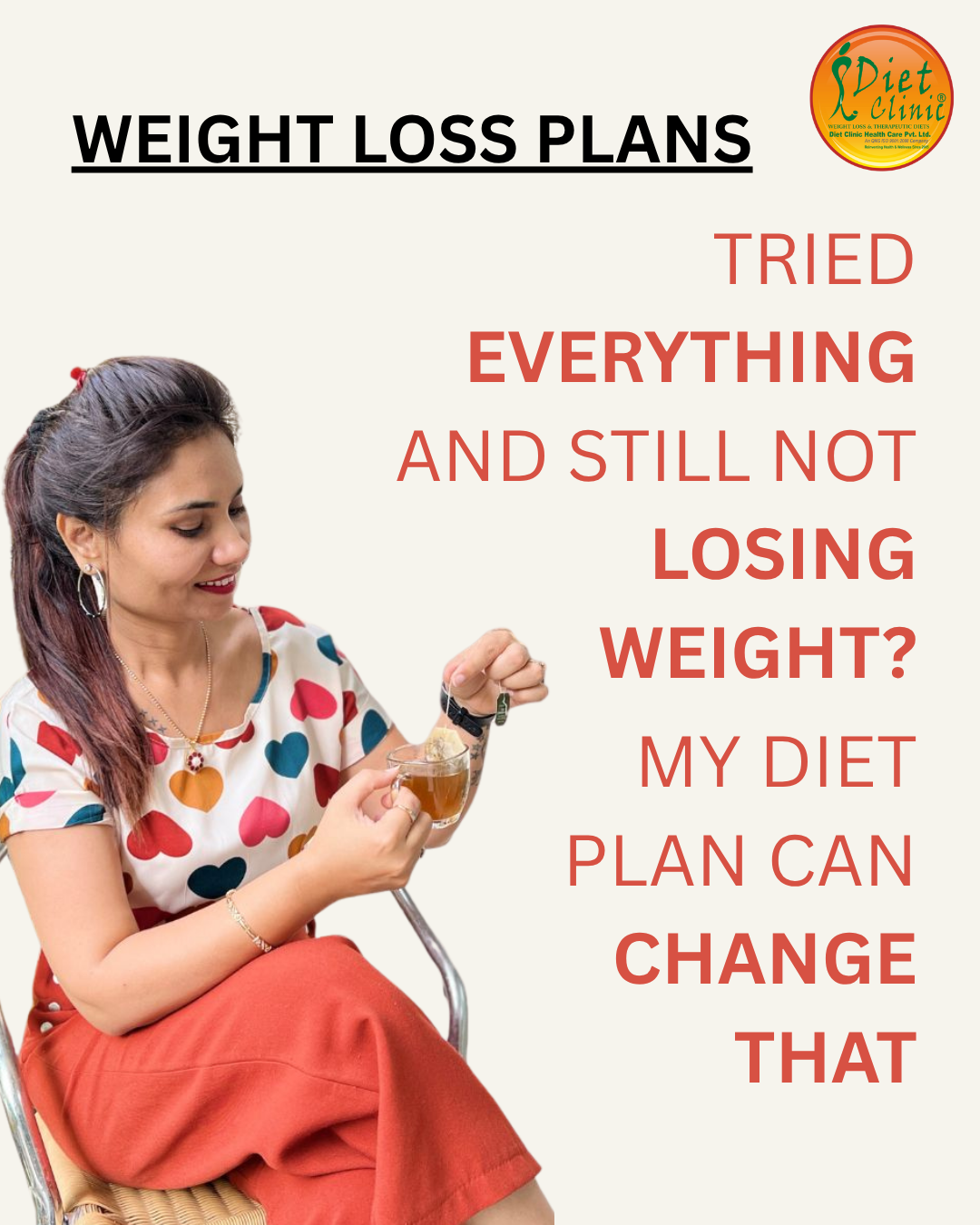
Dietician Sheela Seharawat
Aftermath of Post pregnancy
After nine long months of waiting, you have finally delivered your baby and you just don’t seem to contain your joy. You may have paid extra attention to your diet during the pregnancy period and it’s still not over yet! Pregnancy and childbirth saps a lot of energy and nutrients from your body and you certainly do not want to fall ill right after your baby has born. As you will be breastfeeding now, you have to choose the healthiest food possible to keep both yourself and your little baby healthy and energetic. You will do literally everything possible to make your baby healthy and fit.
Not the time to diet
From carrying the baby for nine months and then taking care of the baby, the mother goes through a series of changes. One of the major changes in the mother after pregnancy is the weight gain. Immediately post-pregnancy is not the time to be cutting calories. Restricting calories will only deprive her of much-needed nourishment. These nourishment needs can be very specific. As you enter the postpartum phase, one of the first things you should do is make changes to your nutrition program to reflect your body’s changing nutritional needs. Pay attention to your calories.
Healthy weight loss
It is not necessary that you can’t lose weight after your post pregnancy. If you happen to lose weight as the result of a balanced diet and moderate activity, then it is a good sign. Eat a nutritious diet, exercise daily and cut back on foods high in fat and sugar such as potato chips, cookies, candy soft drinks, and fried foods. Do not try diet pills, liquid diets, or other weight loss products. Not only they do not work, but they can be harmful to you and your baby. After six or eight weeks, talk to your doctor, if your body has recovered and your energy levels are sustained, it may be ok to start losing weight.
What to eat after Delivery?
Below is the list of the right foods new mothers should eat. They are rich in vitamins, minerals, proteins, iron, calcium, and omega-3s. They will help your body system recover from childbirth.
1. Low-fat dairy products: Dairy products, whether milk, cheese or yogurt, form an important part of the diet during breastfeeding.
2. Lean meat: Take lean meats as they are rich in iron, protein and vitamin B12 help to boost your energy levels.
3. Oranges: Citrus fruits such as oranges provide you with vitamin C, which you need in abundance when breastfeeding.
4. Whole grain cereal: Oats are an excellent source of calcium, iron and proteins.
5. Green vegetables: They are an excellent source of vitamins A and C, iron, and dietary calcium.
6. Brown rice: Choose whole grain curbs such as brown rice to boost your energy levels. They provide you and your little ones with calories.
What not to eat after delivery?
Here are some major no-no foods that you need to steer clear of when planning the after pregnancy diet plan.
1. Spicy foods: Spicy foods quickly pass on to your baby and affect her intestines and blood flow. Avoid spicy foods for about six months post delivery.
2. Oily food: Oily foods can pile up fat in your body. Do not eat sweets, butter, or other fatty foods.
3. Gas-producing foods: Steer clear of foods that produce gas, belching, and acidity as they will affect your baby’s body system.
4. Avoid foods causing allergies: Newborns are vulnerable to allergies or irritants that come with breast milk. If you find your little one experiencing them, you may have to stop the food that you ate lately.
5. Medications: Do not take any medications without consulting your doctor or the baby’s paediatrician.
Healthy Eating habits
When you focus on healthy eating over a long term, it will not only keep your body healthy. There are some eating habits that can make a great difference in your progress.
Eat whenever you are hungry
Eat moderate amounts and slowly
Eat healthy fats
Include protein in every meal
Include fruits and vegetables in every meal.
Keep in mind that they are best for your body, and most important they are good for your baby’s health. Your body needs to return to its normal state, because motherhood takes a huge toll on physical and emotional health.
Positive note
So, eat well while you breastfeed to gain enough strength for the next phases of motherhood challenges. . Do not skip meals, drink plenty of water. Keep moving and make sure you get enough sleep. Try to be stress-free, cut down on alcohol and caffeine, and most important eat the right foods. Above all, having any more doubt about post-pregnancy diet plan, trust your instincts and keep your doctor in the circle of trust. You will have plenty of time later on to lose the pregnancy weight. But right now, your first priority is to give your baby what she needs










